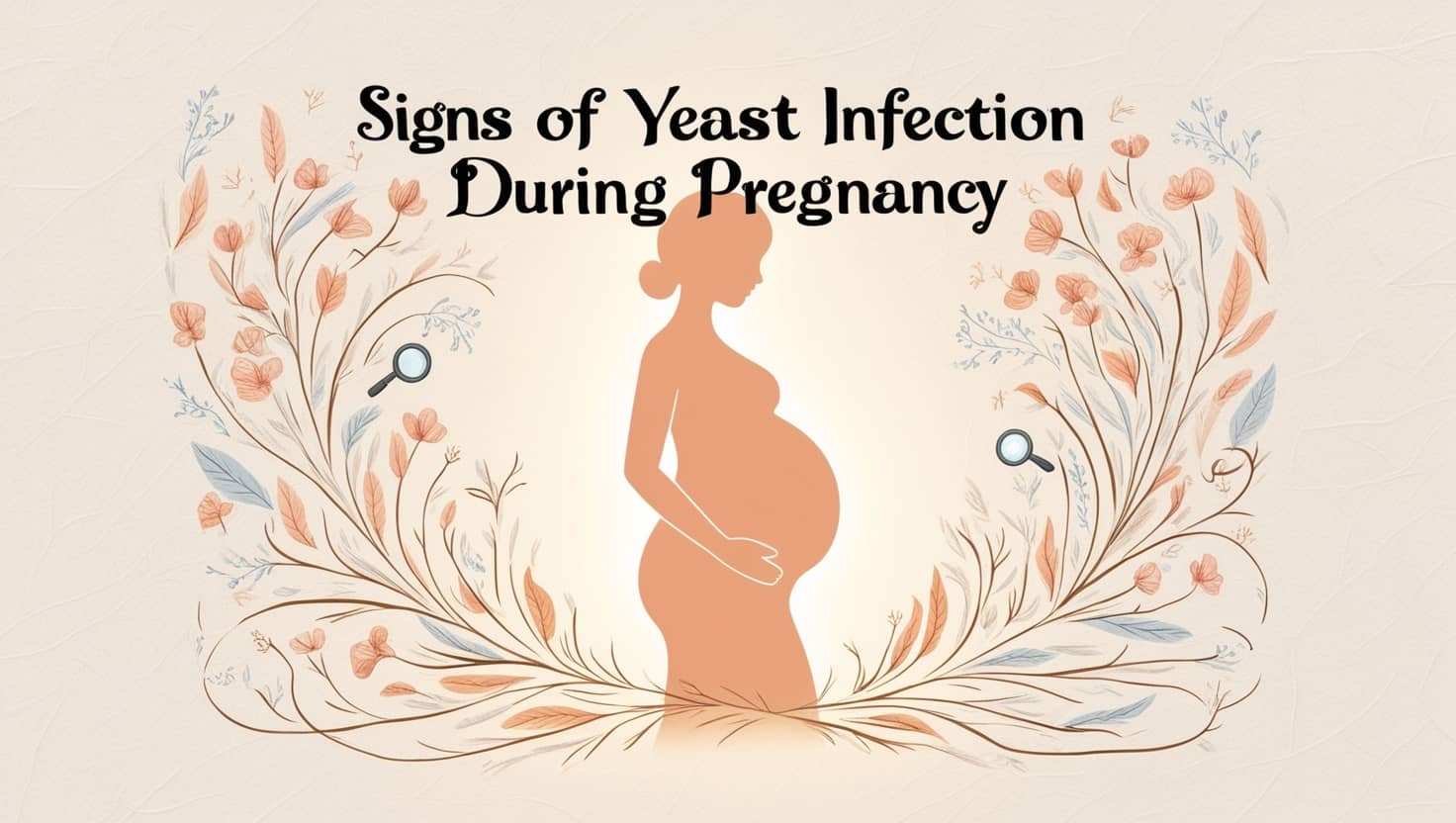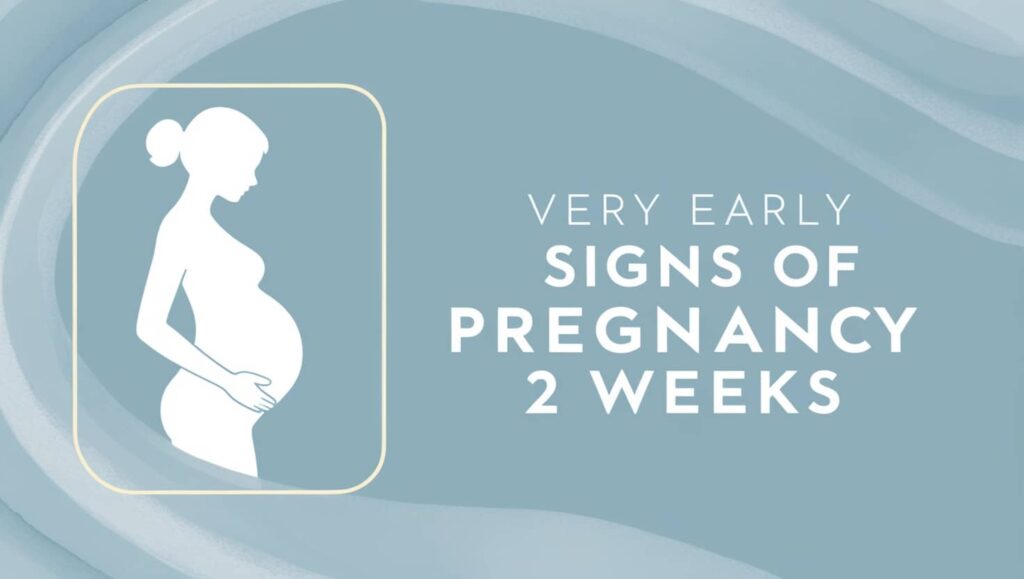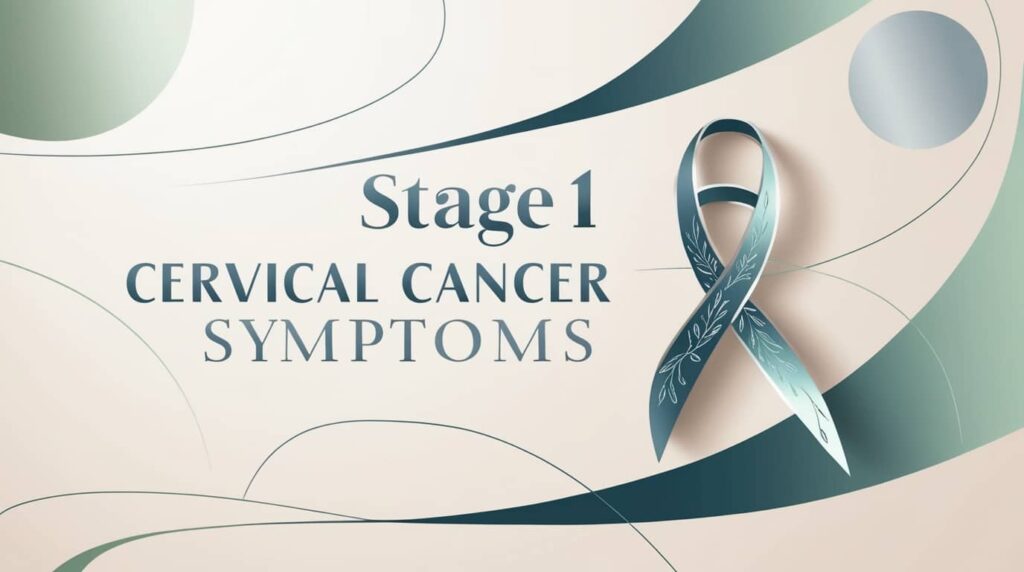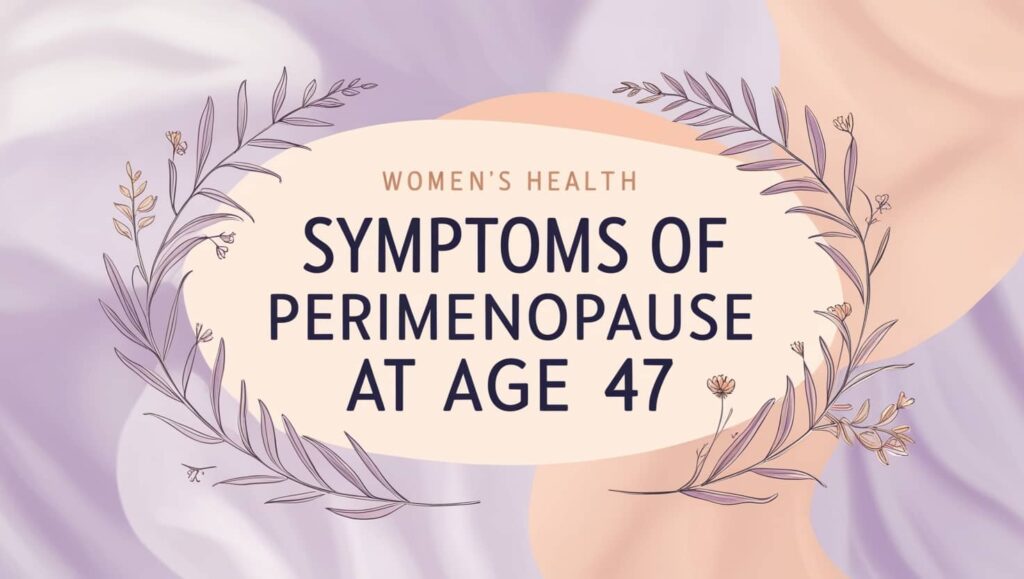Pregnant women are more susceptible to vaginal yeast infections, especially during the last three months of pregnancy.
This is due to changes in the reproductive system due to hormonal changes, which are followed by changes in the PH of the vagina and a change in the type of microbes that live in that area, including Candida albicans.
Candida albicans is a type of yeast that does not cause any symptoms under normal conditions, but when the bacteria that hinder its growth are affected by health conditions such as pregnancy, it begins to show some unwanted symptoms.
Signs of yeast infection during pregnancy include white, odorless discharge resembling pieces of cottage cheese, itching and pain around the vulva, with a change in the color of that area due to inflammation, and a feeling of pain and stinging when urinating or having sex.
Common Symptoms of Yeast Infections in Pregnancy
Signs of yeast infection during pregnancy include:
- Itching.
- Redness of the affected area.
- Irritation of the vulva.
- Increased vaginal discharge, usually white but can turn brown.
- Pain and burning during urination.
- Pain and itching during intercourse. (NHS, 2024)
How Yeast Infections Affect Pregnant Women
Candida albicans infection does not cause any harm to the fetus, although it causes discomfort for the pregnant mother.
If left untreated, it can be transmitted to the fetus at birth, causing oral thrush, where the yeast infects the baby’s mouth. This condition can be treated with appropriate antifungal medications.
The effects of Candida albicans infection during pregnancy include:
The Fetus: The infection does not affect the baby’s growth and development.
The pregnant woman: She is more susceptible to the disease due to the major hormonal changes that occur in the body during this period.
Symptoms: They include thick white discharge that resembles cottage cheese, itching, and redness.
Treatment: Candida albicans can be safely treated with topical ointments or suppositories.
Expected complications if thrush is left untreated: The child may develop oral thrush, and the mother’s symptoms may worsen, such as severe skin infections, pain, and itching. ( Soong & Einarson, 2009)
Safe Treatments for Yeast Infections During Pregnancy
If you suffer from signs of yeast infection during pregnancy, you can get safe treatments for you and the fetus and completely get rid of all annoying symptoms, such as:
- Vaginal creams and suppositories that are safe to use and do not require a prescription, such as terconazole (Terazol), clotrimazole (Gyne-Lotrimin), and miconazole (Monistat).
- You can use these treatments for a week or until the package is finished to completely get rid of Candida albicans infection.
- Ointments containing corticosteroids are also a possible option to get rid of inflammation, itching, and redness.
- You can also use Clotrimazole pessaries to get rid of yeast infection during pregnancy.
Warnings:
Do not use oral fluconazole (Diflucan) during pregnancy to treat yeast because it causes fetal deformities or stillbirth.
In any case, you should consult your doctor to get the appropriate treatment, even if the medicine is available without a prescription.
You should also contact him if your symptoms do not improve within three days or if they get worse.
You can also do the following to get rid of annoying symptoms or avoid or treat yeast infections during pregnancy:
- Wear loose, well-ventilated cotton clothing and make sure it is clean.
- Dry your body well to prevent fungal infections.
- Wipe your body from front to back after using the toilet.
- Change wet clothes immediately.
- Shower immediately after using a public swimming pool.
- Reduce your sugar intake.
- Get plenty of sleep and rest during pregnancy.
Read Also: The 4 Stages of HIV Infection
References
Soong, D., & Einarson, A. (2009). PubMed. Retrieved from Vaginal yeast infections during pregnancy: https://pmc.ncbi.nlm.nih.gov/articles/PMC2654841/
NHS. (2024). Retrieved from Thrush: https://www.nhs.uk/pregnancy/related-conditions/common-symptoms/thrush/








